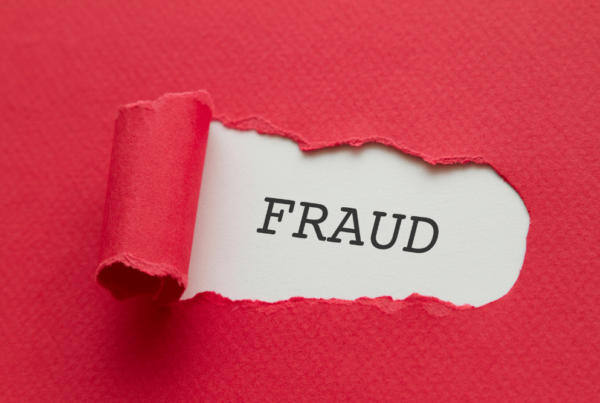NOTE: This article contains additional and updated material concerning U.S. federal law after passage of the First Step Act (P.L. 115- 391). This act was signed into law on December 21, 2018, introducing numerous criminal justice reforms and reshaping sentencing requirements at the U.S. federal level.
If a person testifies falsely after taking the oath – or writes a false statement on a document supported by affidavit – they can be prosecuted for perjury. The act of perjury is a criminal offense where the person knew the testimony or statement was false.
Each U.S. state has their own laws on perjury when the offense takes place in state court or in relation to a state agency. For example, in Illinois, perjury is a Class 3 felony offense punishable by 2-5 years in the Illinois Department of Corrections. See 720 ILCS 5/32-2.
Untrue testimony or falsely sworn documents relating to a federal court or administrative agency can result in federal perjury charges. Due to sentencing guidelines and mandatory minimum punishments, federal sentences are almost always more severe than the corresponding sentence for a similar state law offense.
Elements of Federal Perjury
The federal perjury statute is 18 USC 1621. The federal elements of perjury are the following:
- A false statement;
- On a material issue;
- Made willfully and with knowledge that it was false;
- Under oath (by someone authorized to administer the oath); and
- Before an authorized tribunal, officer, or person.
See 18 USC 1621.
A material issue is something that – in one way or another – determines the outcome of a legal proceeding. If the false statement would not or could not change the final disposition of a legal proceeding, then it is arguably immaterial and not a basis for perjury charges.
Sentencing for Federal Perjury
The federal sentence for this charge is a maximum of 5 years in prison. Though the First Step Act does provide a path to early release for certain non-violent offenders, like those convicted for federal perjury. If these offenders follow the rules and exhibit good behavior while in prison, they can earn credits toward their release.
These federal statutes also apply to witness testimony and written statements made on legal documents (e.g., motions, pleadings, affidavits, etc.). A document that contains an affidavit, verification, certification, sworn declaration, or oath can be the basis of a perjury charge as well.
Even where the United States Attorney provides immunity to a witness in exchange for their testimony, that immunity does not excuse perjury. Committing perjury in this context can result in federal criminal charges. Specifically, the federal statute on witness immunity, 18 USC 6002, says immunity does not apply to:
A prosecution for perjury, giving a false statement, or otherwise failing to comply with the order.





